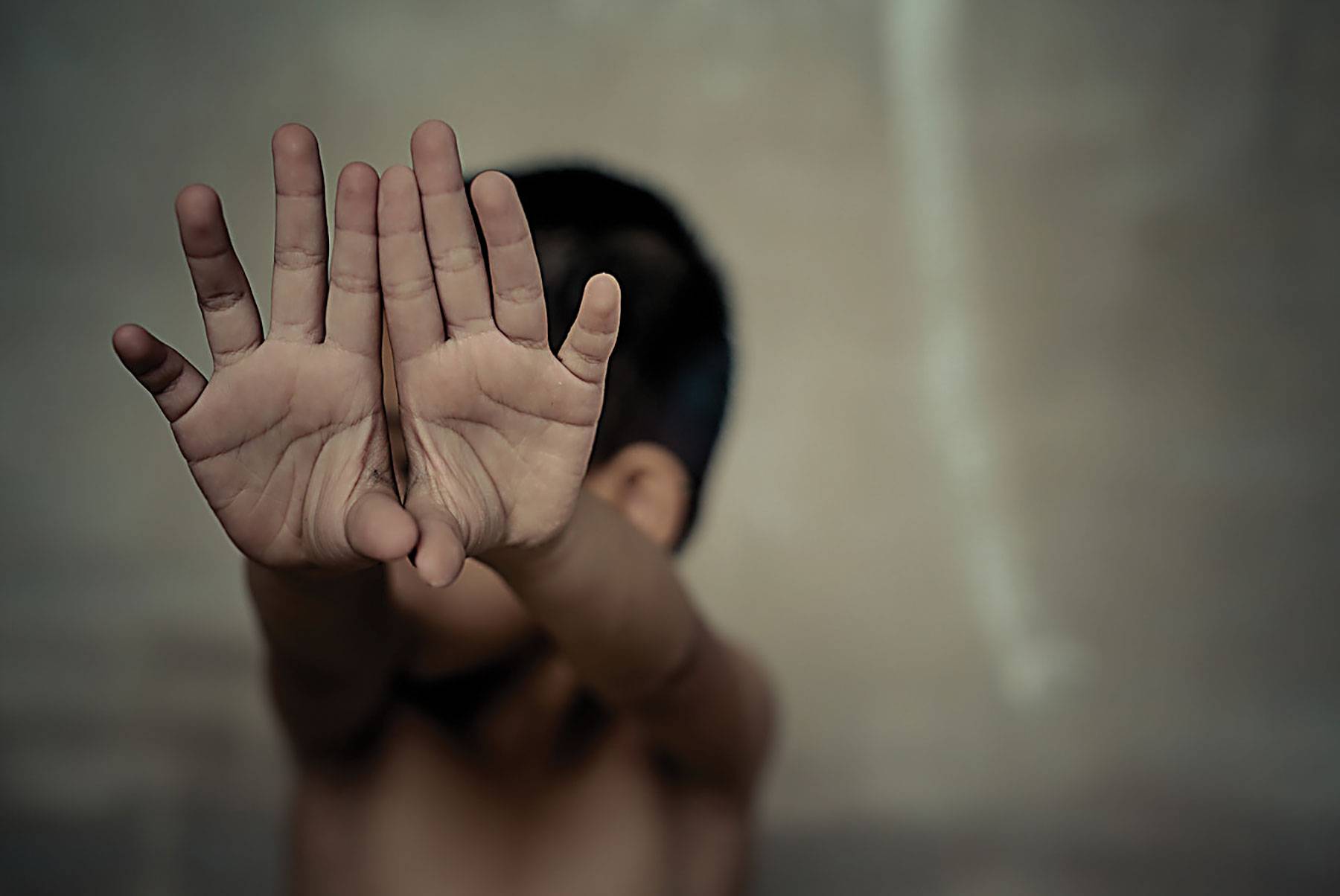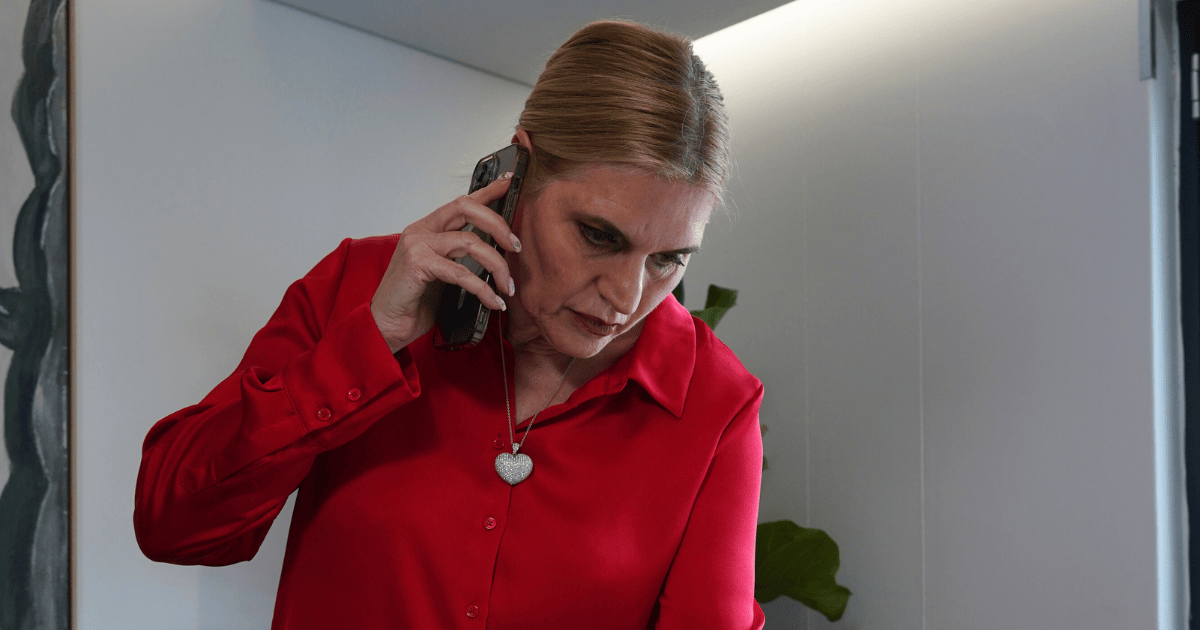Sexual abuse of children is one of the most tragic things to deal with as it can have lasting consequences and effects on the child or children involved, it does unfortunately happen more than we know though. It is a very delicate matter and is extremely hard to discuss for all parties involved, particularly the child. It is a factor in some divorces, but reliable, authoritative information on child abuse in the context of partnership breakdown is hard to find. How can we as Attorneys and the Courts as the ultimate guardians of our children assess allegations of child molestation or sexual abuse and know when it is true?
As a general rule, a complainant of sexual assault must willingly report the sexual abuse without being influenced by any other person/s. However, young children are easily influenced, especially by their parents and relatives. False allegations can be dangerous and have very serious repercussions for the accused. The role of mental health and child development professionals, such as social workers and psychologists, is necessary and very important in determining the truth or otherwise of the allegations.
Children’s communications skills
Young children may lack the necessary verbal or other communication skills to allow the professionals to ascertain whether an act of abuse has occurred. Children are unlikely to understand what has happened to them and therefore they are unable to articulate it. Repeated questioning or suggestive interviews can cause children to confuse reality with fantasy or to interpret non-abusive conduct as sexual. Unfortunately, research shows that parental conflicts during custody, divorce and separation proceedings may result in child sexual abuse allegations. Genuine child sexual abuse must never be ruled out, but we must also be vigilant in our investigations. Child sexual abuse allegations are serious and need to be carefully addressed. At the same time, it is vital to ensure that the innocent are not punished for crimes they did not commit.
Evaluating child sexual abuse allegations
A high degree of expertise is required to evaluate the occurrence of child sexual abuse. Experts with specialised knowledge of child development, individual and family dynamics, patterns of child sexual victimisation, signs and symptoms of abuse, and the uses and limits of various psychological tests must conduct an independent evaluation. These experts, either psychologists or social workers, are able to interpret the implications of behavioural and psychological reactions among children. The expert report provides the court with knowledge and insights that can improve the court’s assessment of abuse allegations.
False child sexual abuse allegations
A false allegation is defined as an allegation that proves to be untrue, arising either from misunderstandings or from fictitious accusations. Where allegations of child abuse surface in divorce cases, the court hearing the divorce matter may, of its own accord or upon application, order a children’s court enquiry. This reduces conflict in divorce proceedings by removing the incentive for making false allegations. The appointment of an expert to conduct an investigation and file a report is more prevalent in cases where the testimony of a young child is the only evidence of the abuse. A child psychologist can evaluate the child to ascertain the child’s level of developmental maturity and their ability to accurately relate a series of events.
An extreme acrimonious relationship between the parents, a lack of a sexual abuse narrative supported by details, a lack of corroborating evidence (including medical evidence), and a lack of any behavioural or emotional indicators that point towards sexual abuse are all factors that may suggest the allegations are false.
In a case in 2003, a father was sentenced to two life sentences for allegations of rape. The daughter, who was eight years old at the time, retracted her accusations after her mother’s death 10 years later. She confessed that her mother had coerced her into lying about the abuse. She further confessed to being coached by her mother to testify in court that her father had sexually abused her on four different occasions. The parents were undergoing a separation and divorce at the time.
It has been said that “the punishment of the innocent may be the worst of all injustices”. The justice system has a desire and a duty to protect child victims. But when facts are fabricated, it can lead to findings and convictions that are devastating to the child, the parents, the alleged perpetrator and society at large. For this reason there are procedures in place to ensure that offenders are fully held to account, while the falsely accused are vindicated.
Key indicators in assessing child sexual abuse allegations
There are a few key indicators used when trying to assess the validity of an allegation. They include:-
- Child’s ability to differentiate between a truth and a lie
- The way sensory experiences are detailed and explained
- Significant general behavioural changes exhibited by the child after the sexual assault
- Signs of embarrassment or hesitation when telling the story
- Portions of the conversation, in the language of the alleged perpetrator, being used – so called “quoting”
Child sexual assault allegations are serious and the competency of children to testify should never be a matter for speculation. Important questions to be asked include whether the child can observe and register what happened, whether they have sufficient memory to retain an independent recollection of the events, whether they have the ability to translate into words the memory of those observations, and whether they have the ability to understand and respond to simple questions about the occurrence.
For direct answers to your specific personal questions, please contact us directly.
Read more about our child law services.
Author – Jenna Phillips





